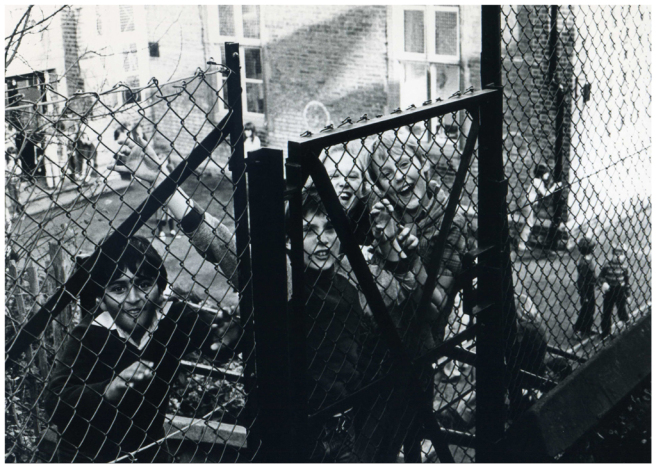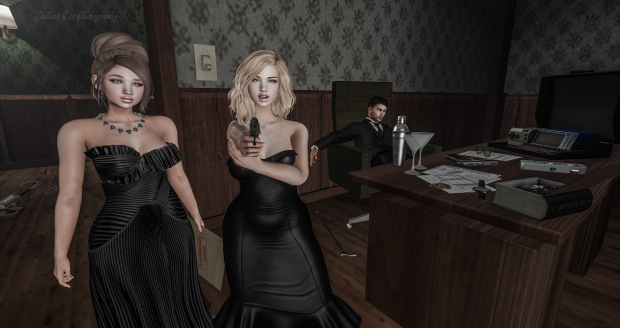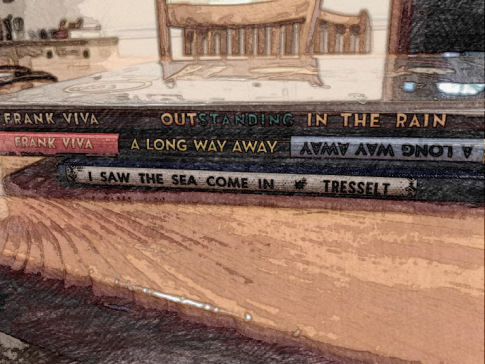
Nothing exists that does not exist somewhere else.
– Jeroen Brouwers
We’ve all been children once, and somewhere inside the adults we are now is the child that once was – we’ve retained some memories of it, but how do we adults feel about the child we have been?
In Sunken red, a short novel written by Dutch author Jeroen Brouwers when he was forty, the adult’s view of the child he used to be is stripped of all sentiment. He hates his memories and he’s only looking back on his childhood (spent in a Japanese POW camp in Indonesia) to wipe them out forever. He emphasizes he’s only returning to ‘the mists of the beginning’ to write down all these randomly surfacing memories, in order to be rid of them for once and for all.
In doing so Brouwer infuses his book’s pages with riches, both in content and in form. Events, sounds and shapes from both past and present are committed to paper in brief, untitled chapters, in paragraphs or sentences that lack a full stop, with unexpected blank lines, sudden new pages thrown in apparently at random. However spontaneous this may appear, it is manipulated text, considered composition, with imagery deliberately chosen, laden with symbolism and carefully interwoven.
Words, phrases and sentences are repeated over and over again, to great effect, and interpunction plays an active role – normal, ‘straight’ narrative is interspersed with apparent explications or bracketed asides. Quotations (the author quoting himself or others) can be identified, as they have inverted comma’s, but Brouwers doesn’t tell us who his sources might be. Then and now are constantly overflowing into one another.
His peculiar word orders are in a class of their own. Their ‘reverseness’ endows an uncanny expressiveness to statements that would otherwise be quite commonplace:
Not did suddenly blow by the wind
coming from elsewhere and on its way to elsewhere.
To get to the bottom of the question, Why am I the way I am?, Brouwers uses the concept of octaviteit (‘octavity’), that was coined by fellow author Harry Mulisch: the whole world is founded on similarities and differences (paradoxes). According to Brouwers, here the paradox is this: the Japanese POW camps were terrible, but the five-year-old he was in the camp, was not touched by this terribleness – ‘everything that happened, occurred with the obviousness in which in the life of a young child things happen to occur’. Thirty-five years later, he reproaches the infant for its detachment, the then adults for their passive silence. In between so persuasively recapitulating these early years of his life that this reader is wholly convinced.
◊◊◊
Jeroen Brouwers, Bezonken rood. 1981. In English: Sunken red. 1988. Tr. A. Dixon.
Prent: Hampstead (Londen), 1982. Photo © Gertrudsdottir.
Read this post in Dutch here.
Advertisements Dit delen:




